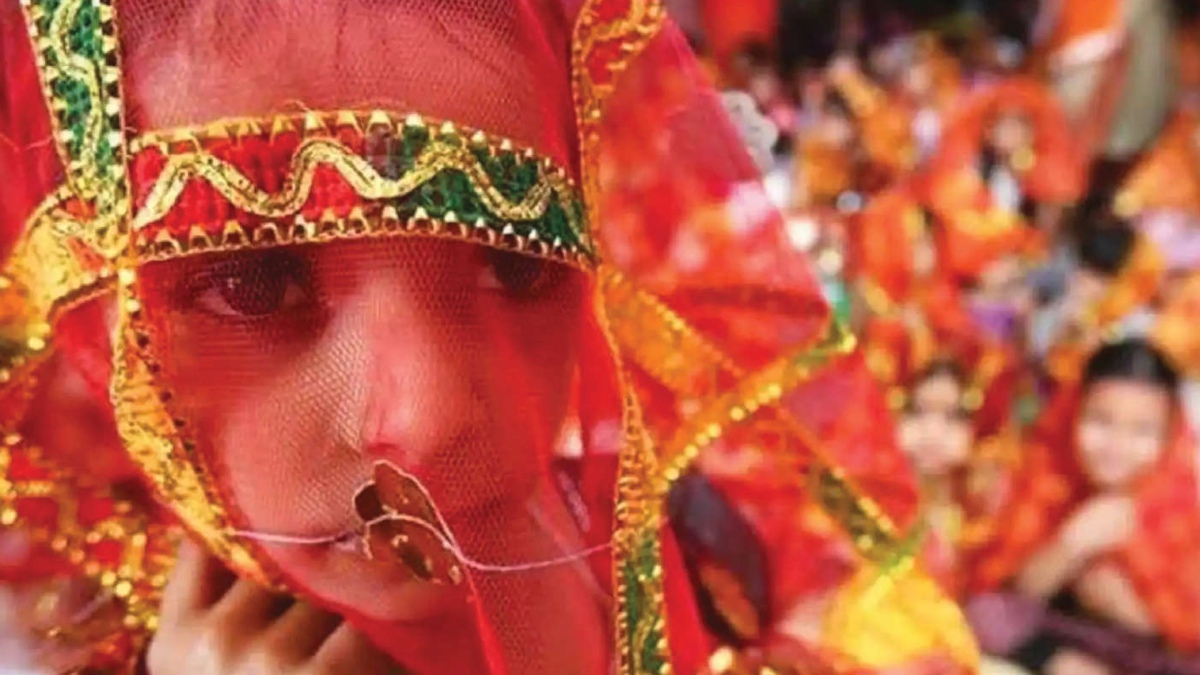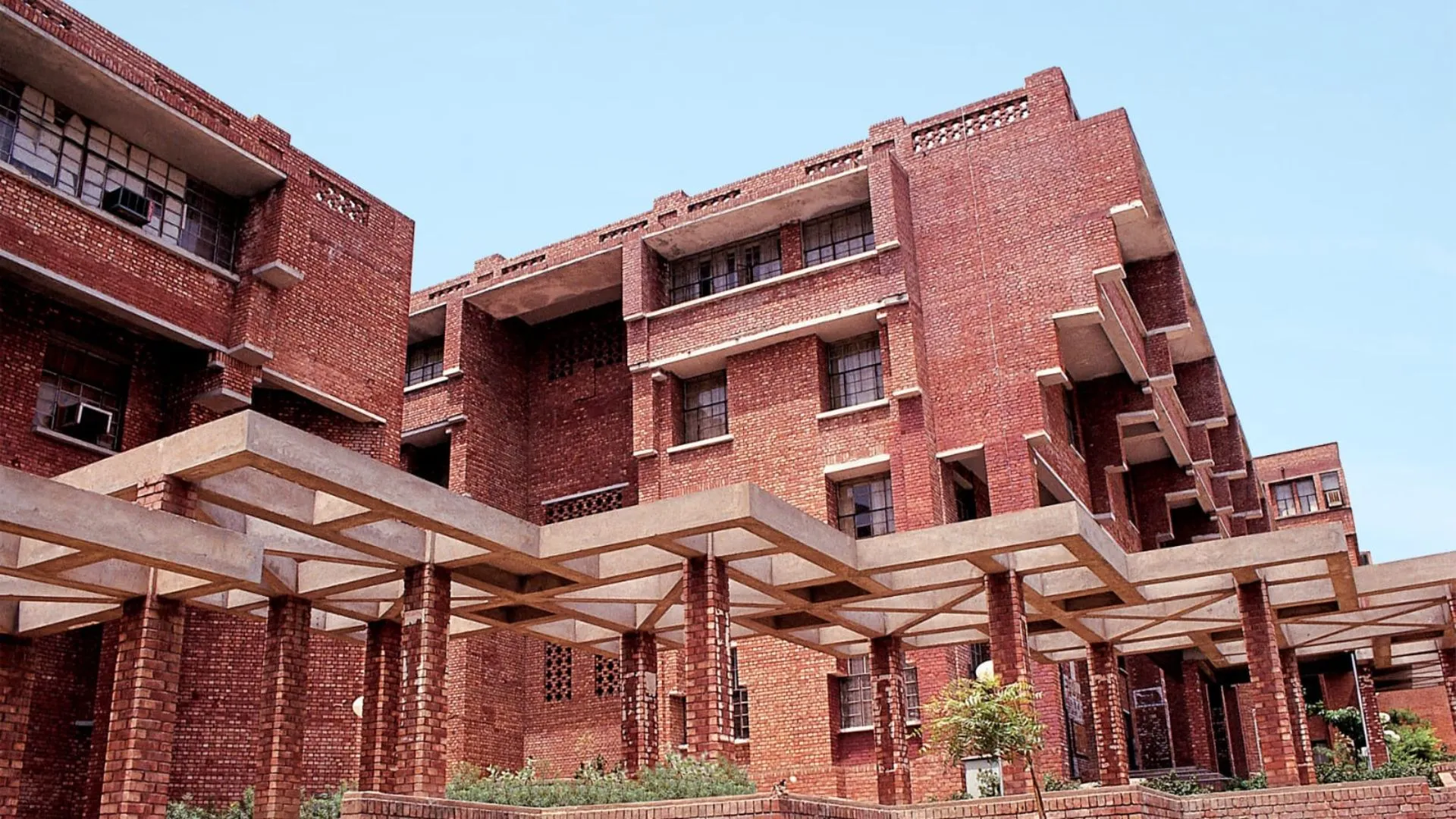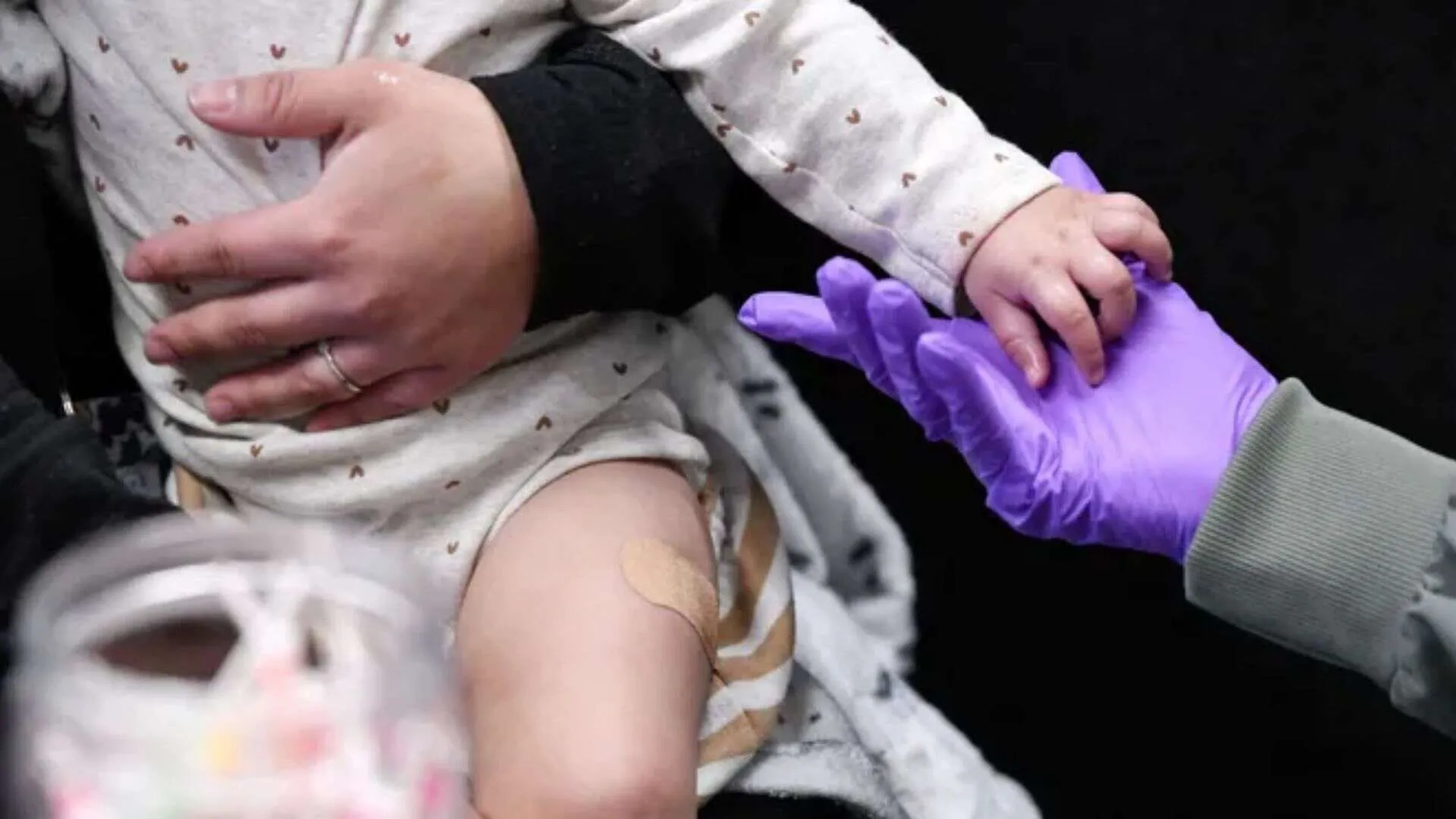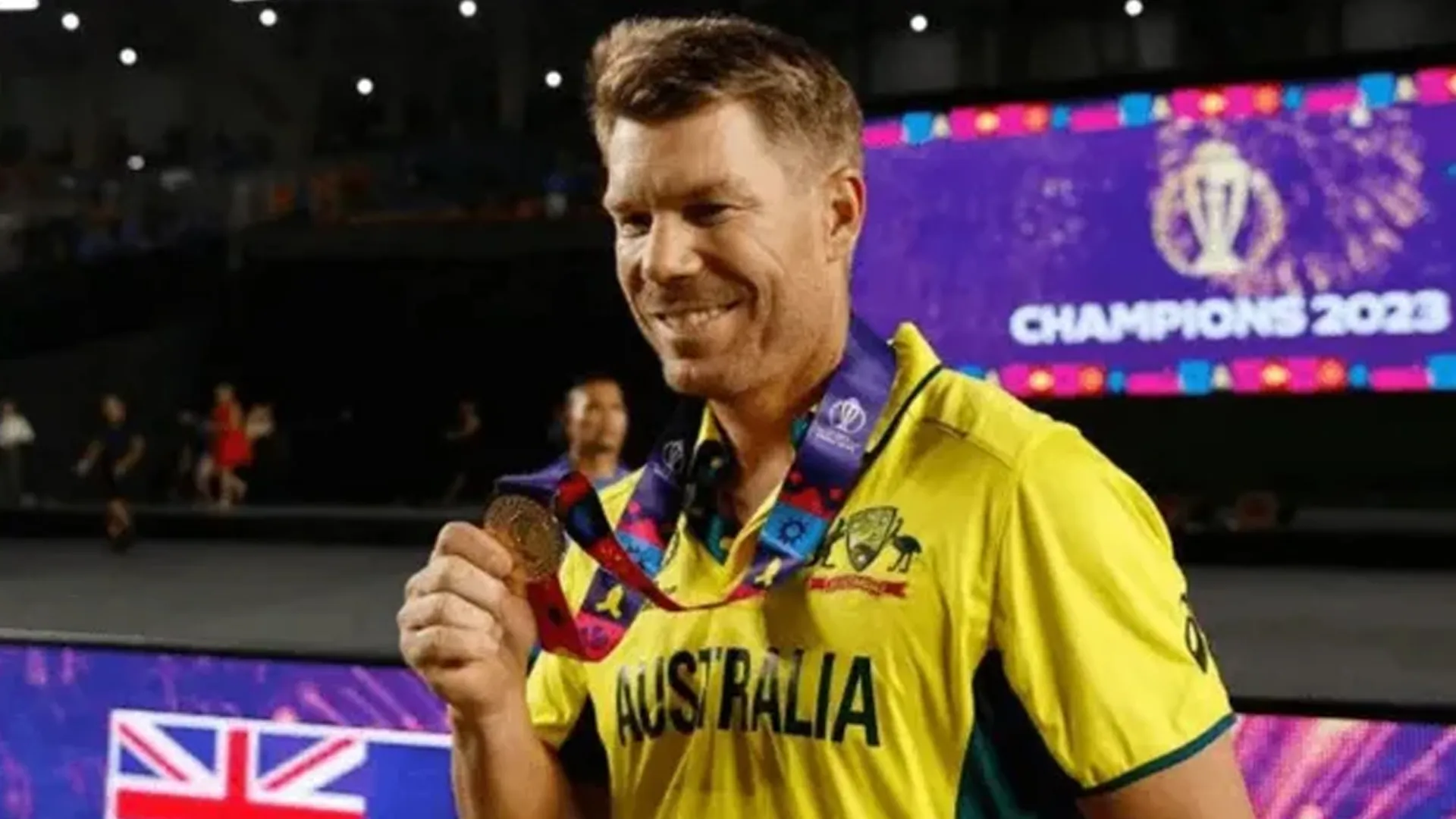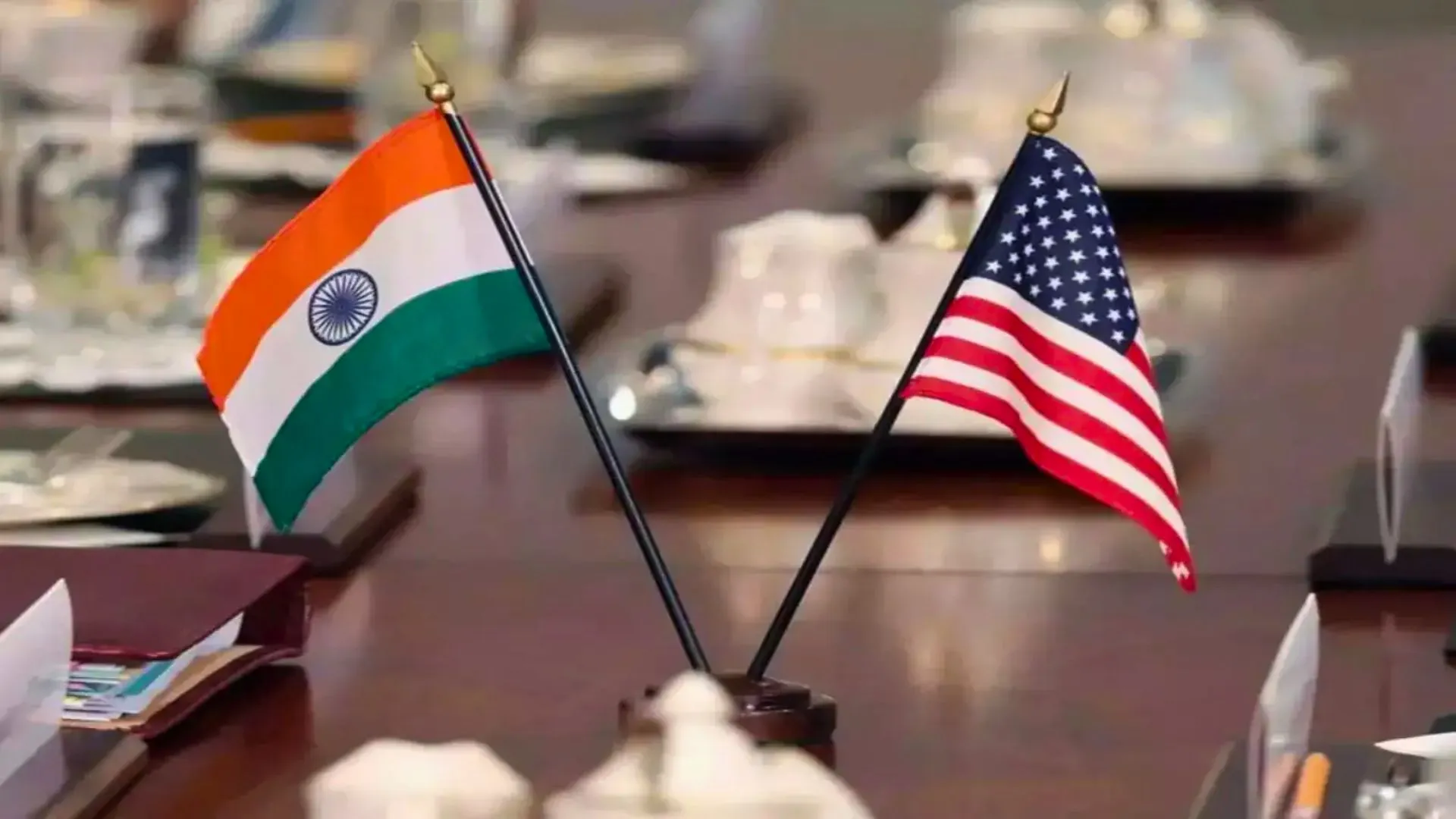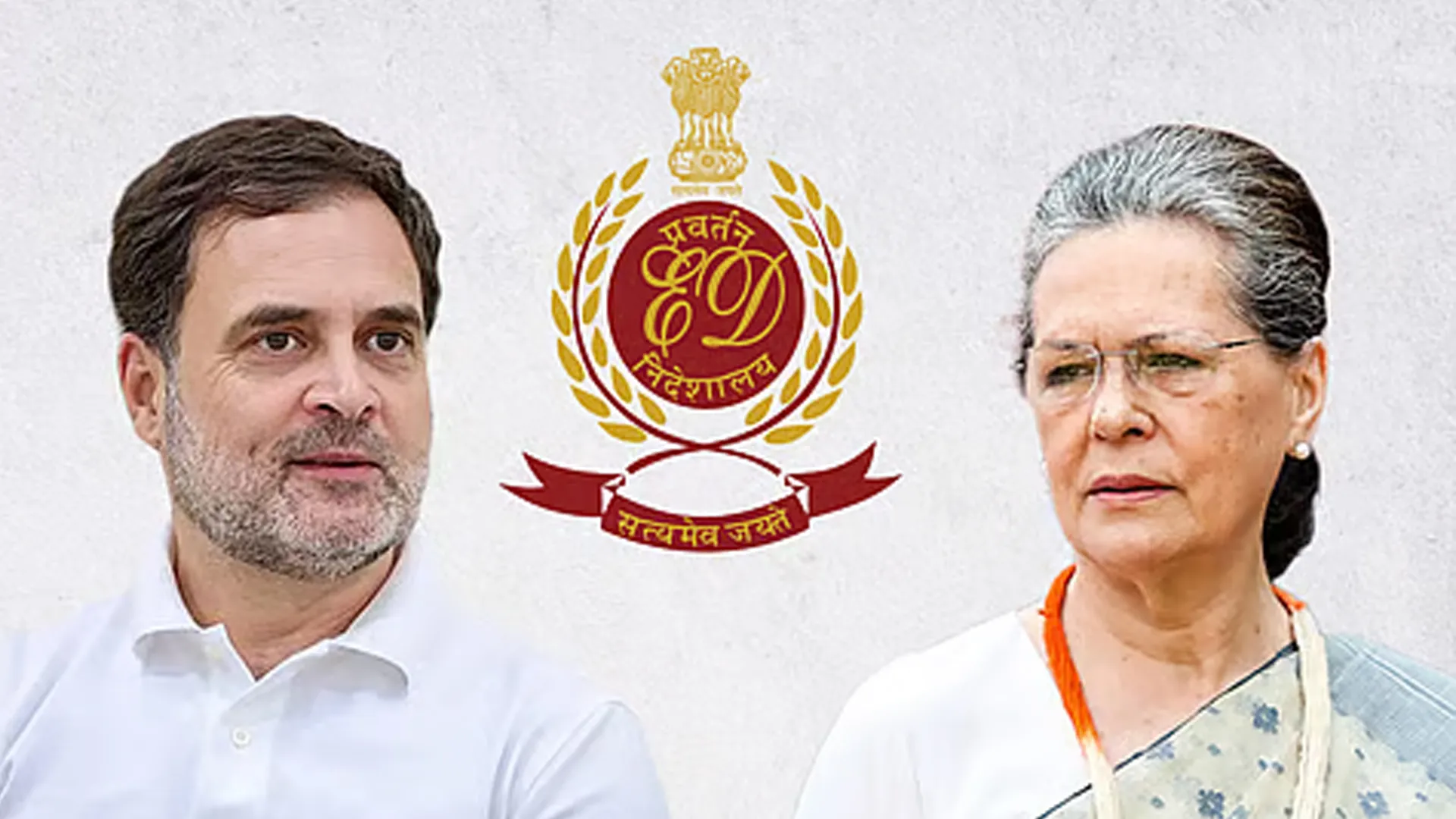“Unity is meaningless without the accompaniment of women. Education is fruitless without educated women and agitation is incomplete without the strength of women.”
— Dr BR Ambedkar
The opposition Bharatiya Janata Party (BJP) charged on September 17 that the Rajasthan Compulsory Registration of Marriages (Amendment) Bill, 2021, which was passed by voice vote in the state Assembly to amend a 2009 Act on mandatory marriage registration within 30 days of the union, will legitimise child marriages.
Despite parliamentary affairs minister Shanti Kumar Dhariwaldefended the Bill by claiming that registering child marriage does not make it legitimate, the opposition staged a walkout. He also promised that anyone who organise child weddings, even after they have been registered, will face consequences.
JUDGMENT OF THE SC IN 2006
The minister further informed the House that the Supreme Court had ordered that all forms of weddings be registered in its 2006 decision in Seema vs Ashwini Kumar.
He claimed that registering child weddings does not legitimisethem, and that if a kid gets married, he or she will have the ability to dissolve the marriage once they reach adulthood.
WHAT DOES THE BILL STATE?
On 17 September, the Rajasthan Assembly passed the Rajasthan Compulsory Registration of Marriages (Amendment) Bill, 2021, which changes the Rajasthan Compulsory Registration of Marriages Act, 2009, and requires parents or guardians to provide information on child marriages within 30 days after the wedding.
The Bharatiya Janata Party (BJP) questioned the need for child marriage registration and asked that the law be withdrawn. “How can they include child marriage in this Bill if child marriage is prohibited? All of this is done by Congress in order to create a vote bank.” If this measure passes, the assembly will have a bad day. Is it possible for the assembly to agree to legalise child marriages? We shall approve child weddings by a show of hands. The bill would write a dark chapter in the assembly’s history. Ashok, a BJP MLA.
WHAT DOES THE GOVERNMENT SAY?
Shanti Kumar Dhariwal, the Parliamentary Affairs Minister, defended the legislation, saying, “The bill makes no mention of the legality of child marriage. According to the bill, only registration is required after marriage. This is not to say that child marriage is legal. The district collector can still take action against underage marriages if he or she so desires.”
Dhariwal further stated that the legislation now allows for registration at the District Marriage Registration Officer, Additional District Marriage Registration Officer, and Block Marriage Registration Officer levels. These officers will be able to monitor and review the work of registration. This will make it easier for the general public to register. This will bring simplicity and transparency to the work. He further said that the marriage registration certificate was a legal document without which widows would be unable to benefit from numerous government programmes. According to him, any or both parties in a marriage will be entitled to file for marriage registration and get a certificate as a result of the mandatory registration.
MARRIAGES IN INDIA
Although no comprehensive data is available, estimates show that at least 1.5 million girls under the age of 18 marry each year in India, making it the country with the most child brides in the world, accounting for a third of the global total. While the percentage of females marrying before the age of 18 has decreased from 47% to 27% between 2005-2006 and 2015-2016, it is still too high.
Multiple reasons, including greater maternal literacy, improved access to education for girls, robust laws, and migration from rural to urban regions, may be contributing to the reduction. Among the reasons for the shift include increased rates of girls’ education, aggressive government investments in teenage girls, and strong public messaging about the illegality of child marriage and the harm it causes.
At the global level, child marriage is included in Goal 5 “Achieve gender equality and empower all women and girls” Under Target 5.3 “Eliminate all harmful practices, such as child, early and forced marriage and female genital mutilation”.

